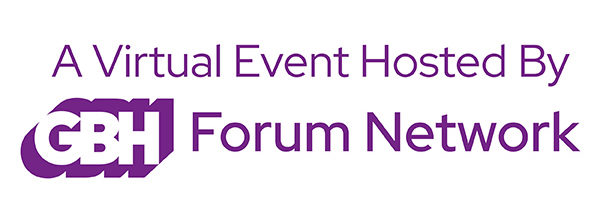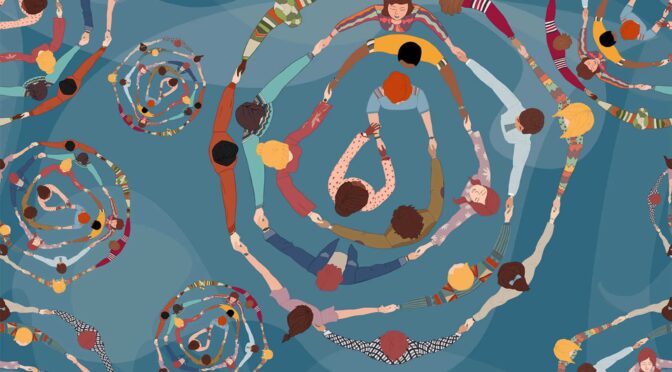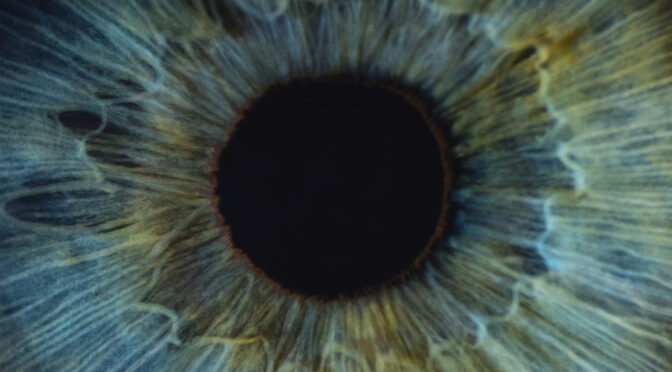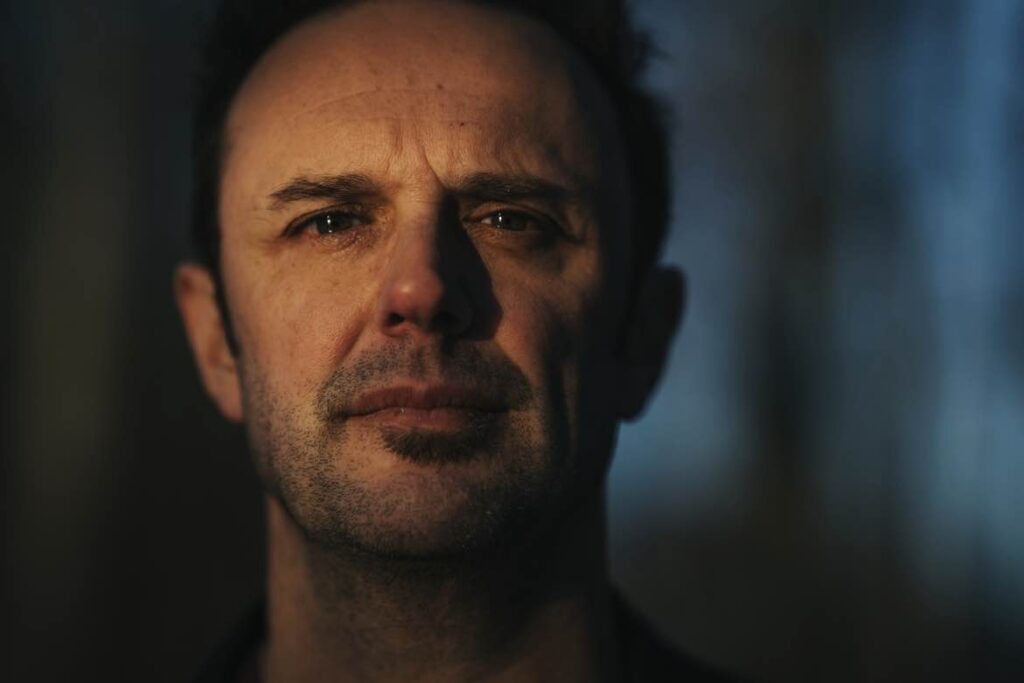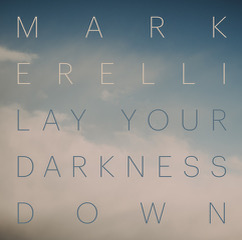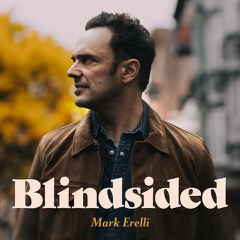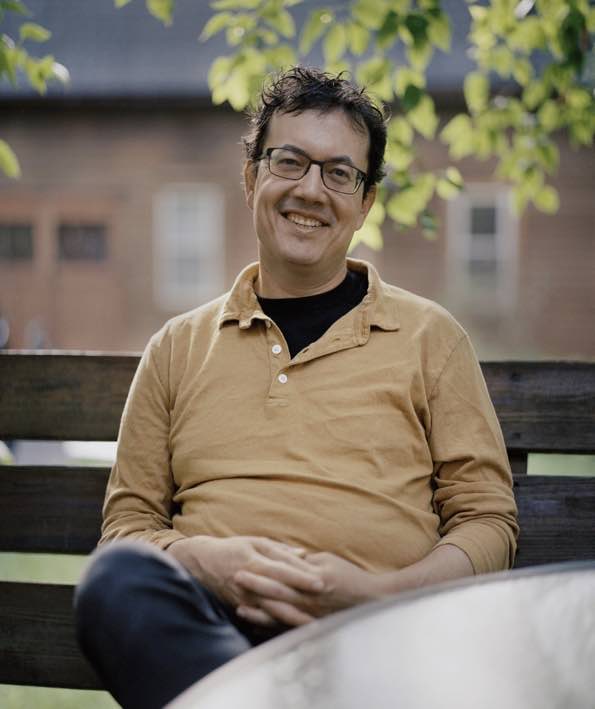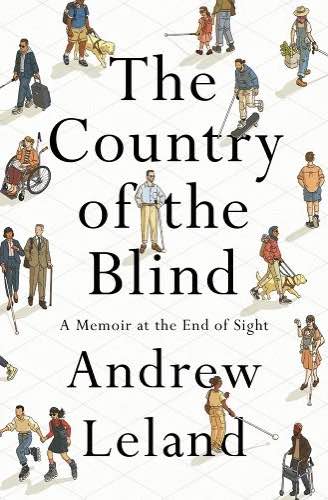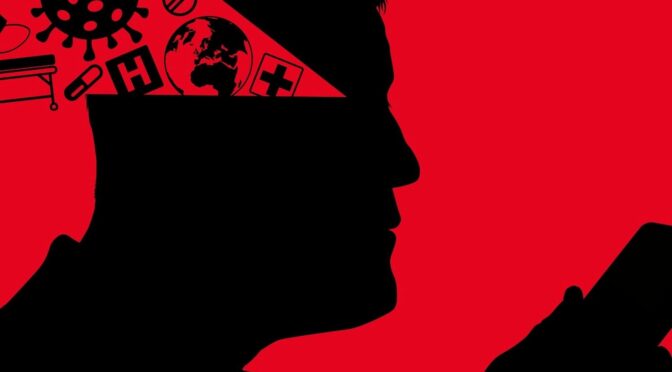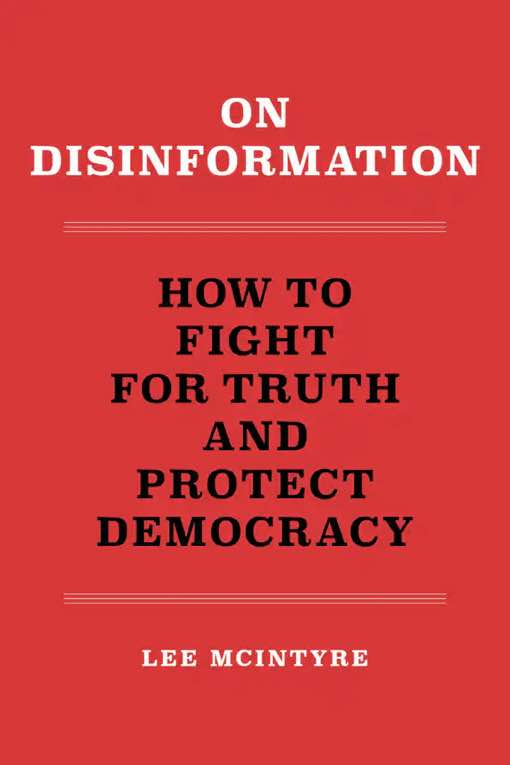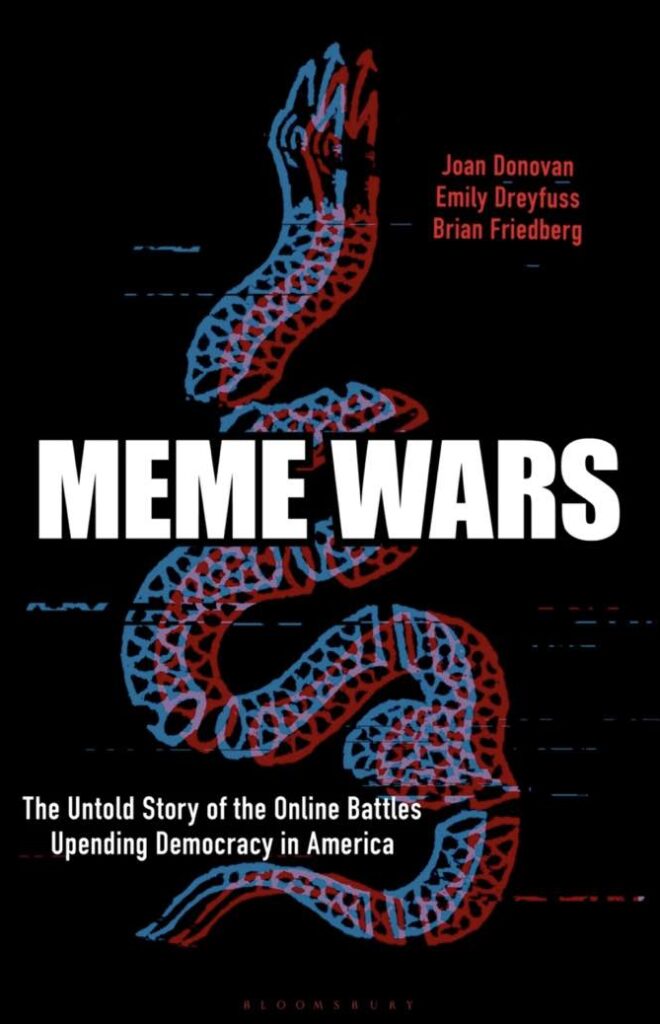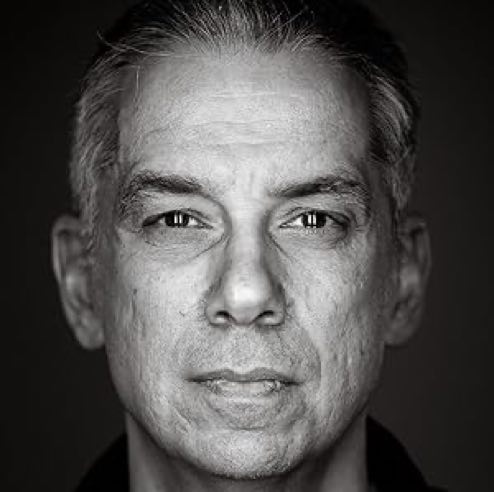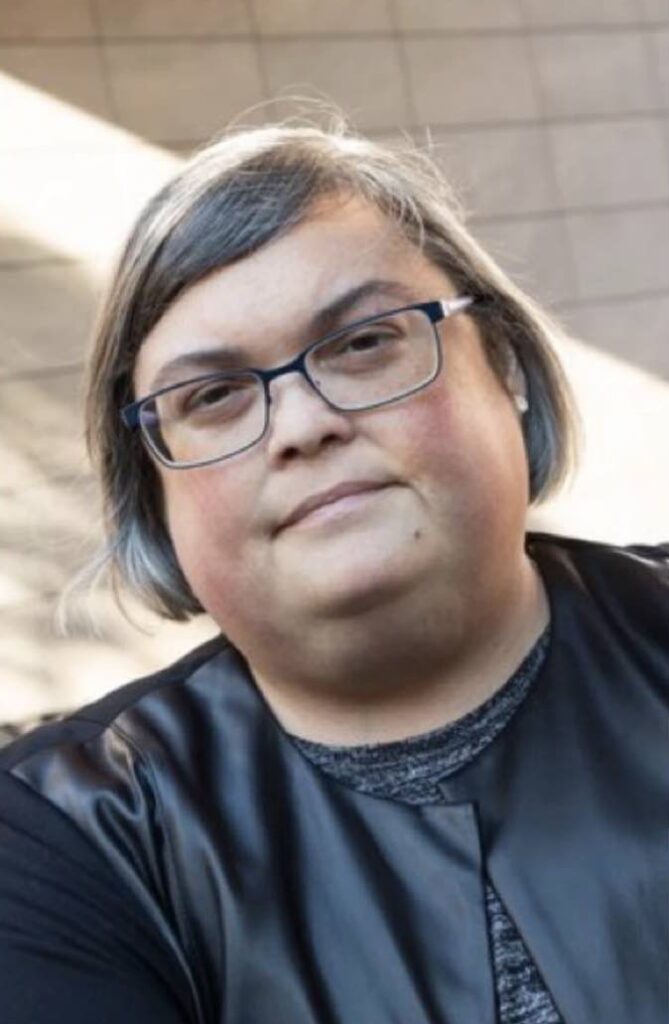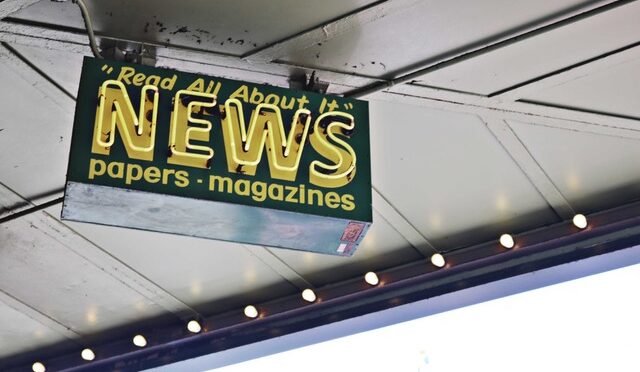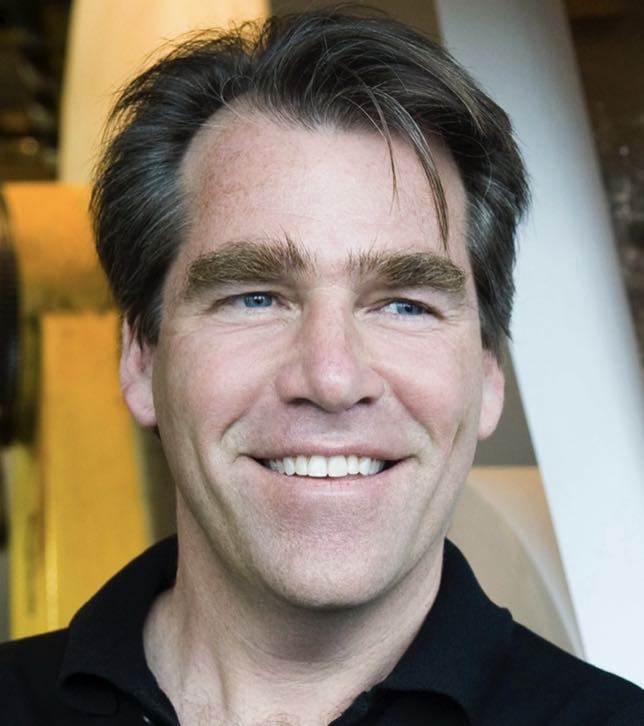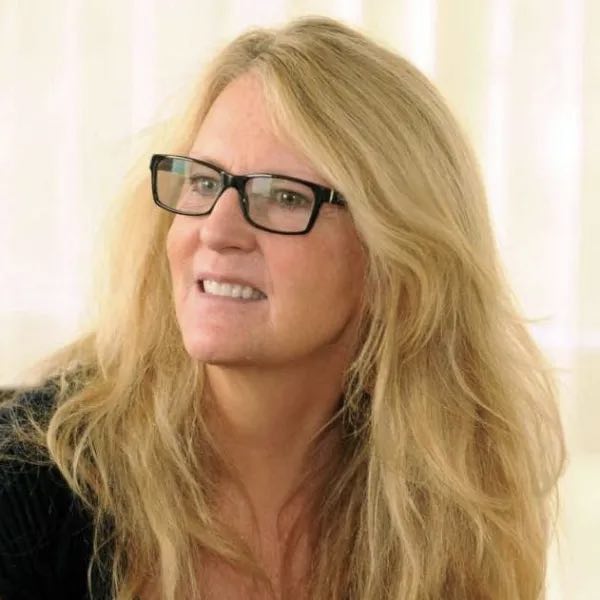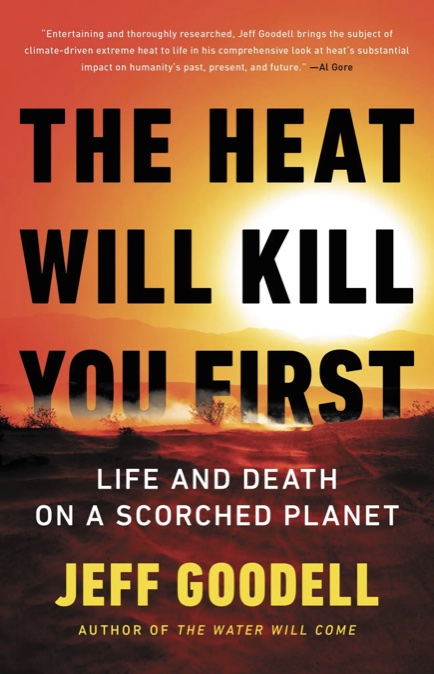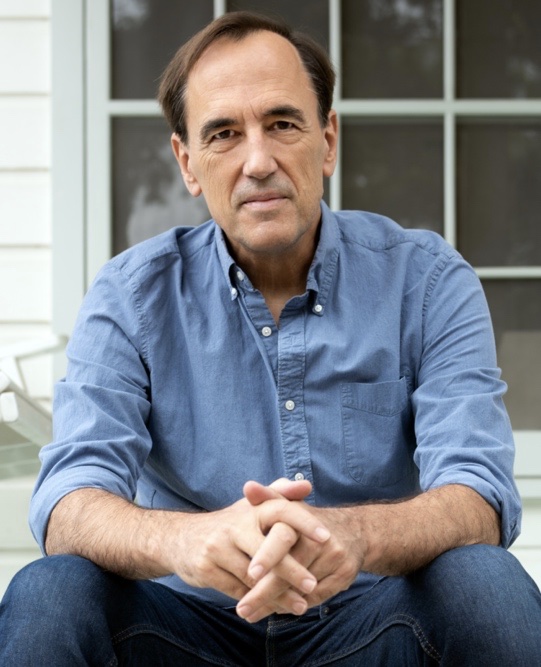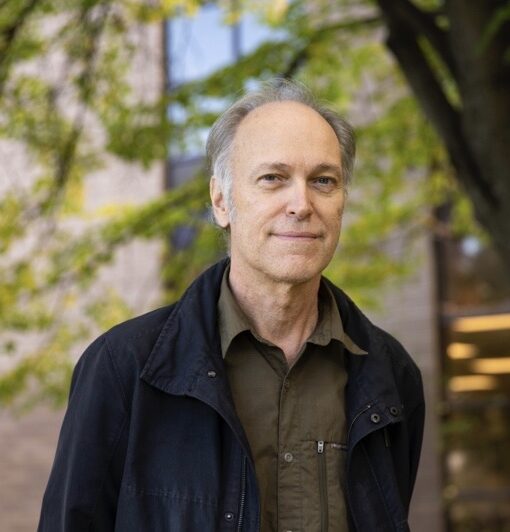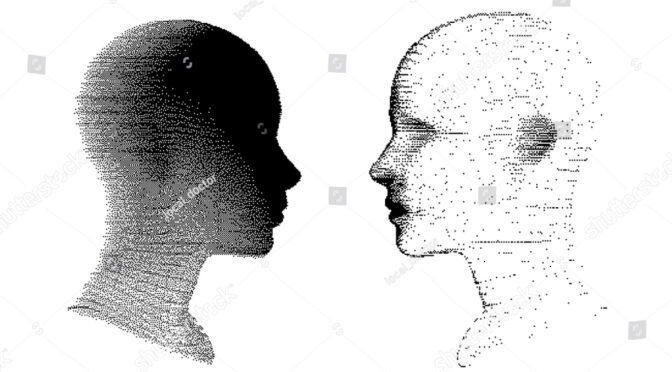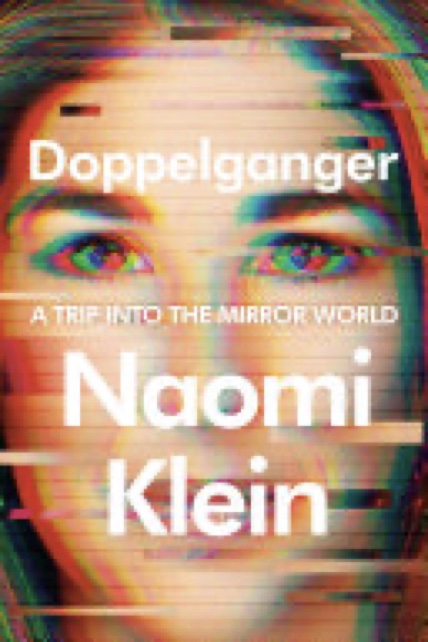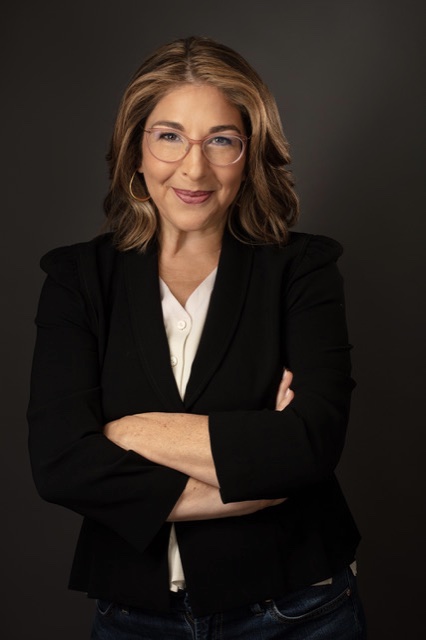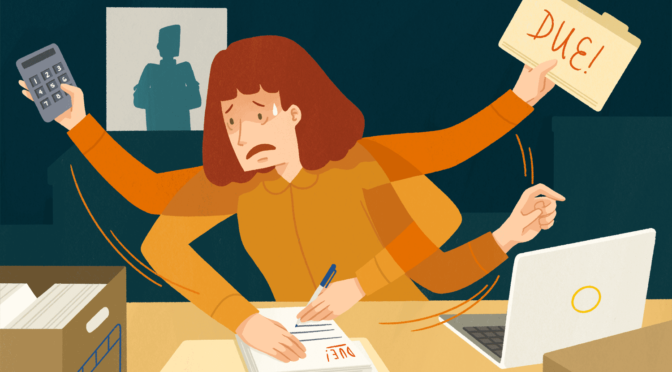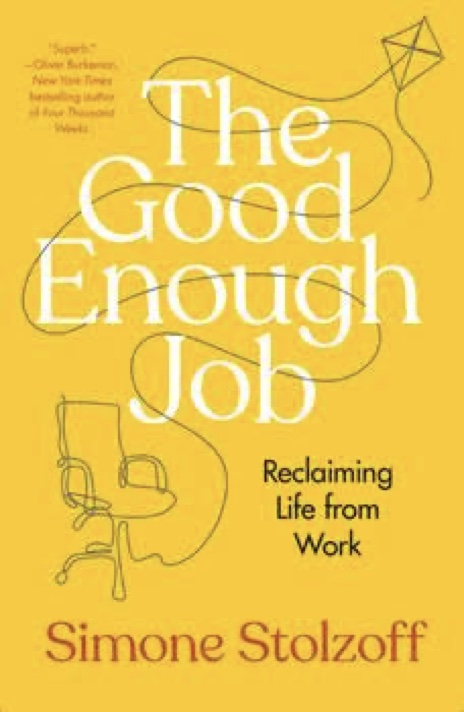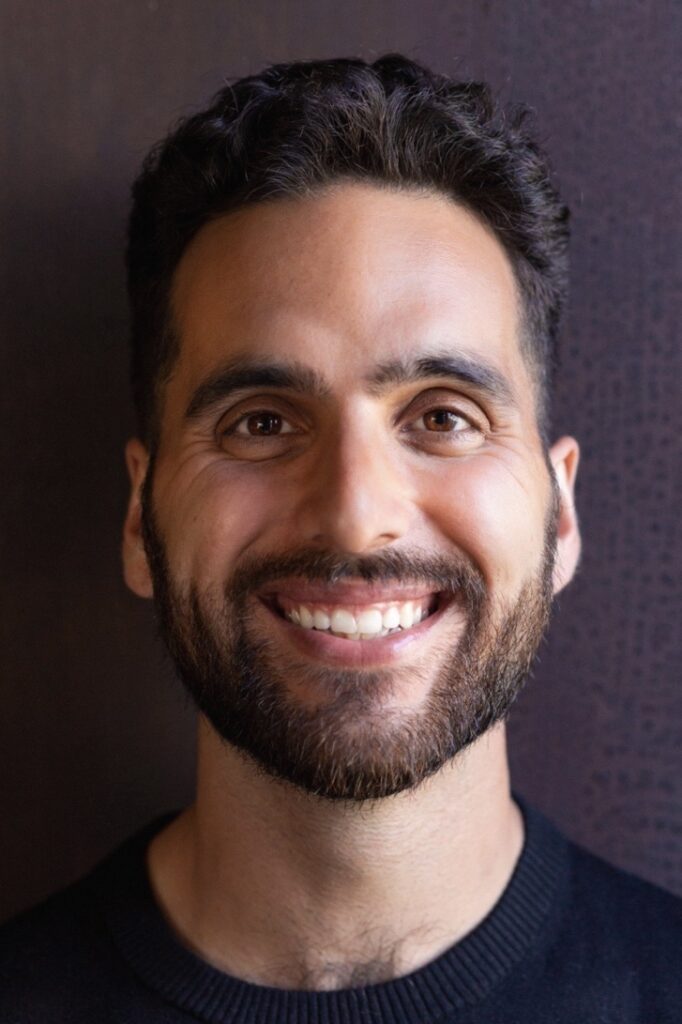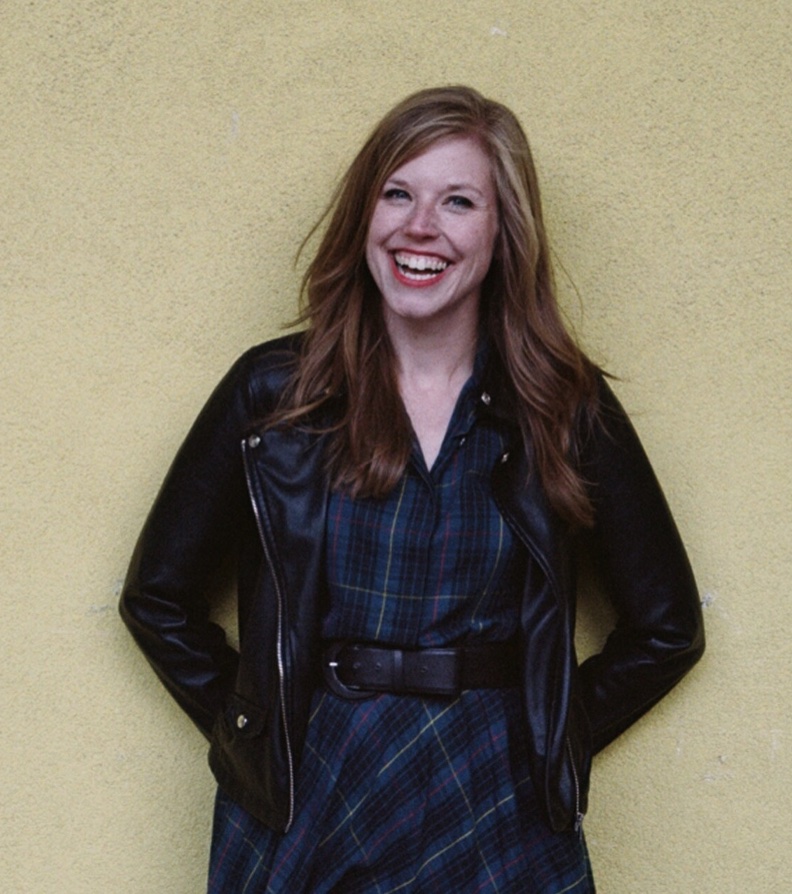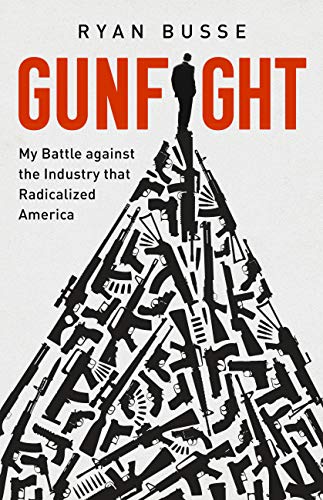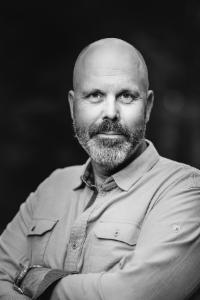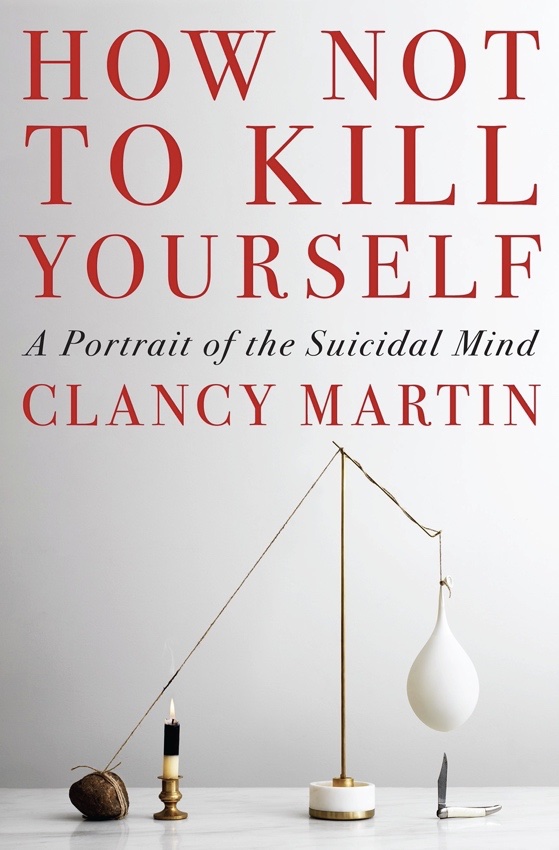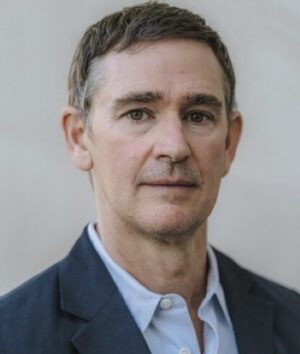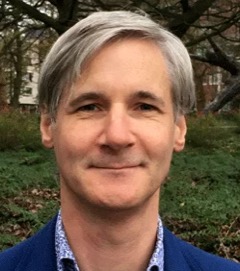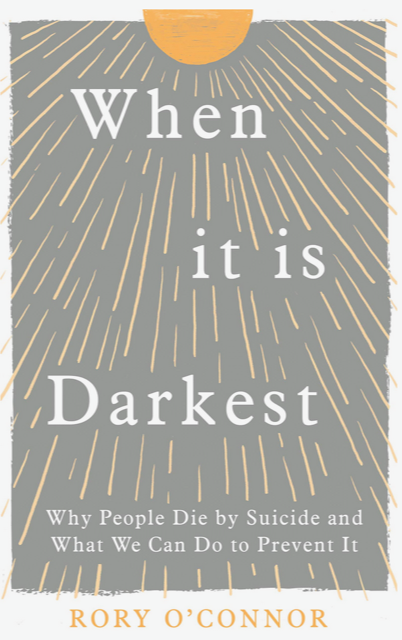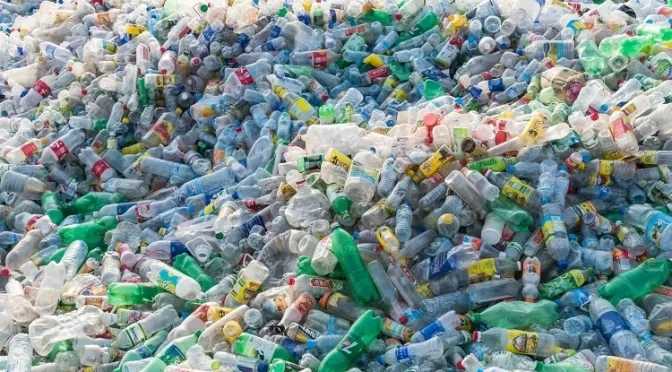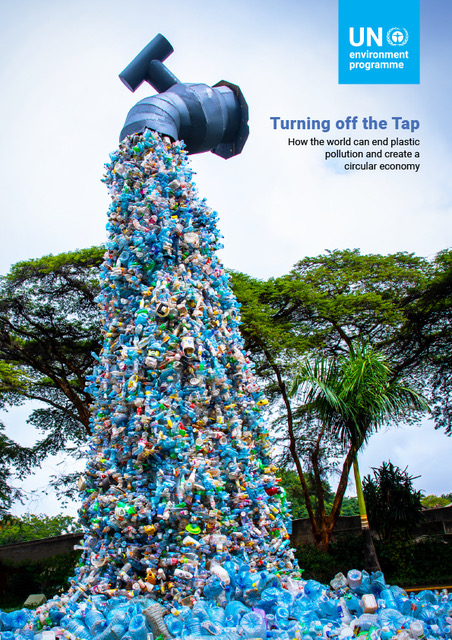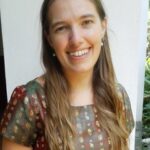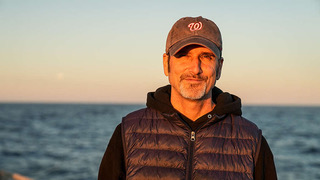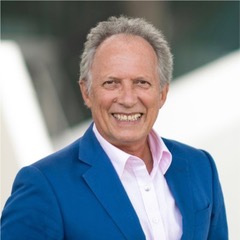Are there simple steps we can all take in our everyday lives to promote empathy, overcome difference and forge lasting connections? Yes, says Stanford psychologist Geoffrey L. Cohen, whose scientific research offers proof that concrete solutions exist and work. His new book Belonging: The Science of Creating Connection and Bridging Divides reveals some of the causes and consequences of a sense of belonging in school, work, our politics, health care, and other arenas of social life.
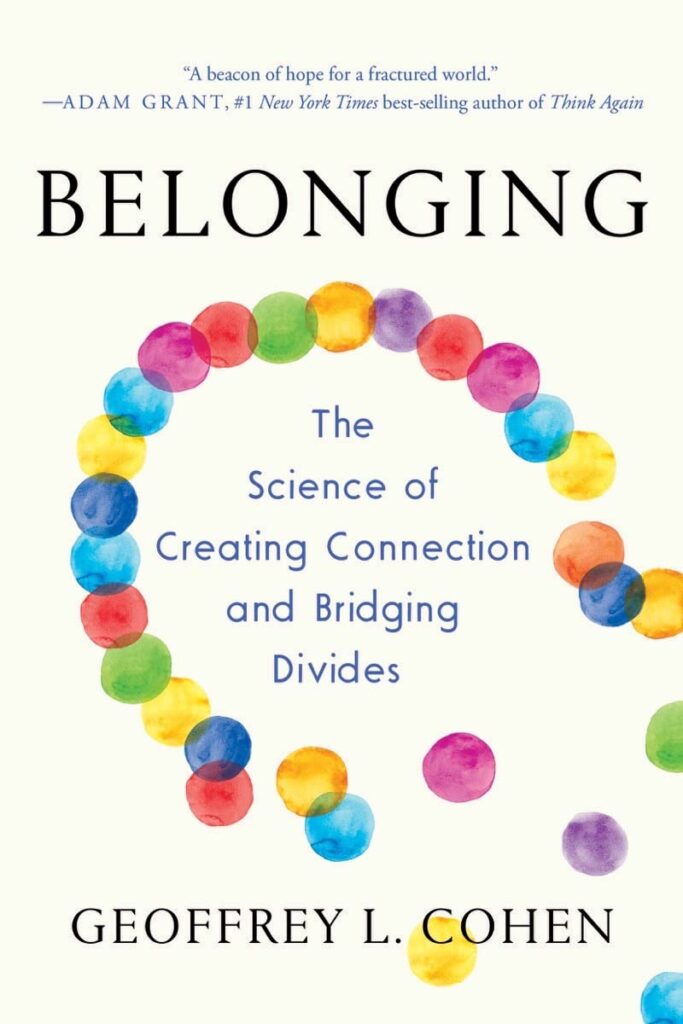
SIGN UP for our Zoom event
LIBERTY EQUALITY FASHION
with Anne Higonnet
Tuesday, April 23 at 5 pm
We all want to belong but most of us don’t fully appreciate that need in others. Sometimes, inadvertently, we threaten others’ sense of belonging. Yet even small acts can establish connection, brief activities such as reflecting on our core values and practices that Cohen terms “situation-crafting” have been shown to lessen political polarization, improve motivation, combat racism and enhance health and wellbeing in ourselves and others.
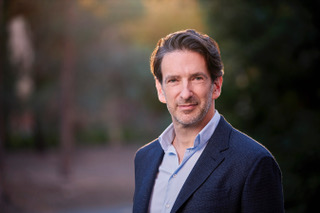
Geoffrey Cohen is Professor of Organizational Studies in Education and Business at Stanford University.
Cohen’s work examines the processes that shape people’s sense of belonging and self, and implications for social problems. He studies the big and small threats to belonging and self-integrity that people encounter in school, work, and health care settings, and strategies to create more inclusive spaces for people from all walks of life. He says he’s inspired by Kurt Lewin, “The best way to try to understand something is to try to change it.”
